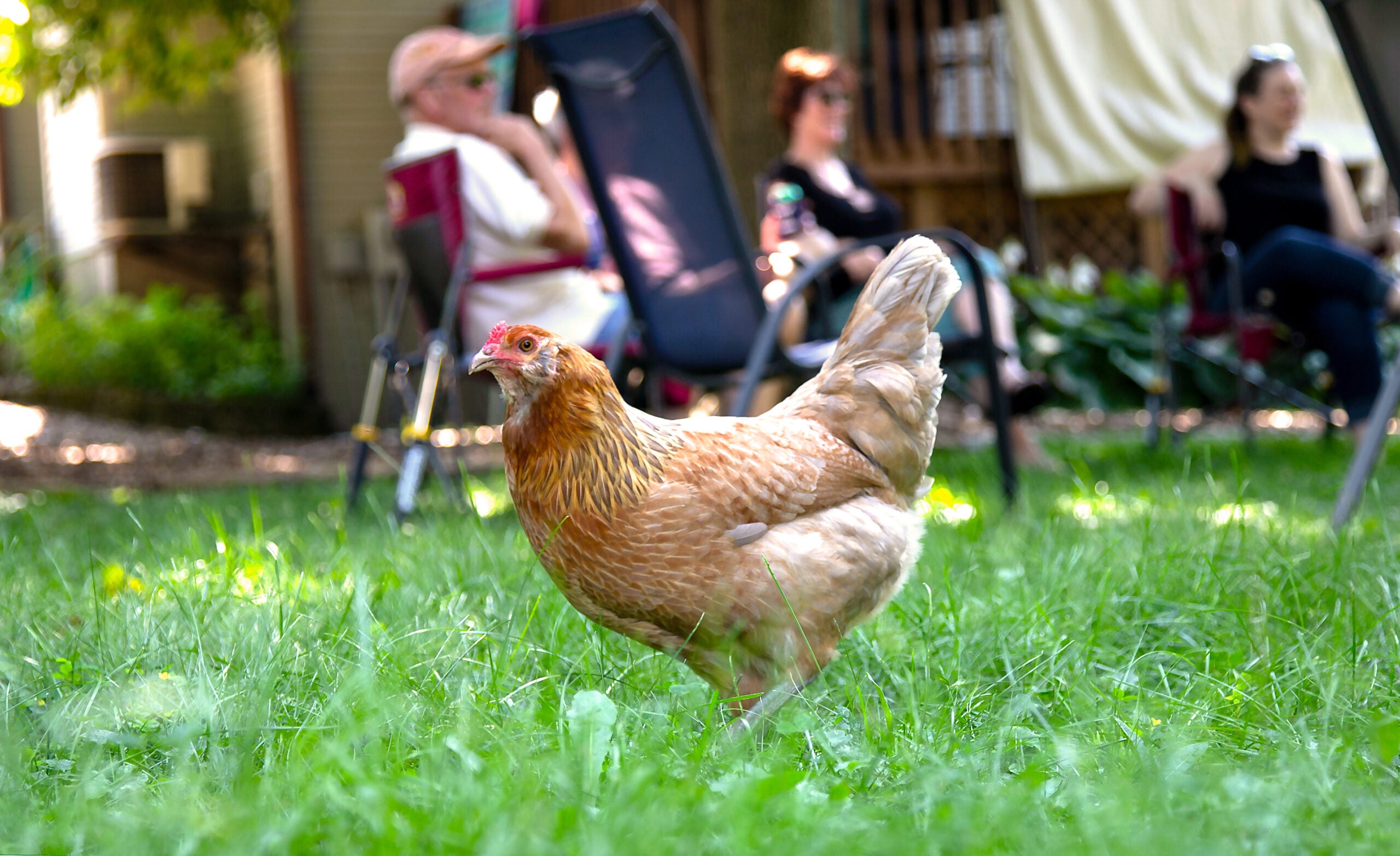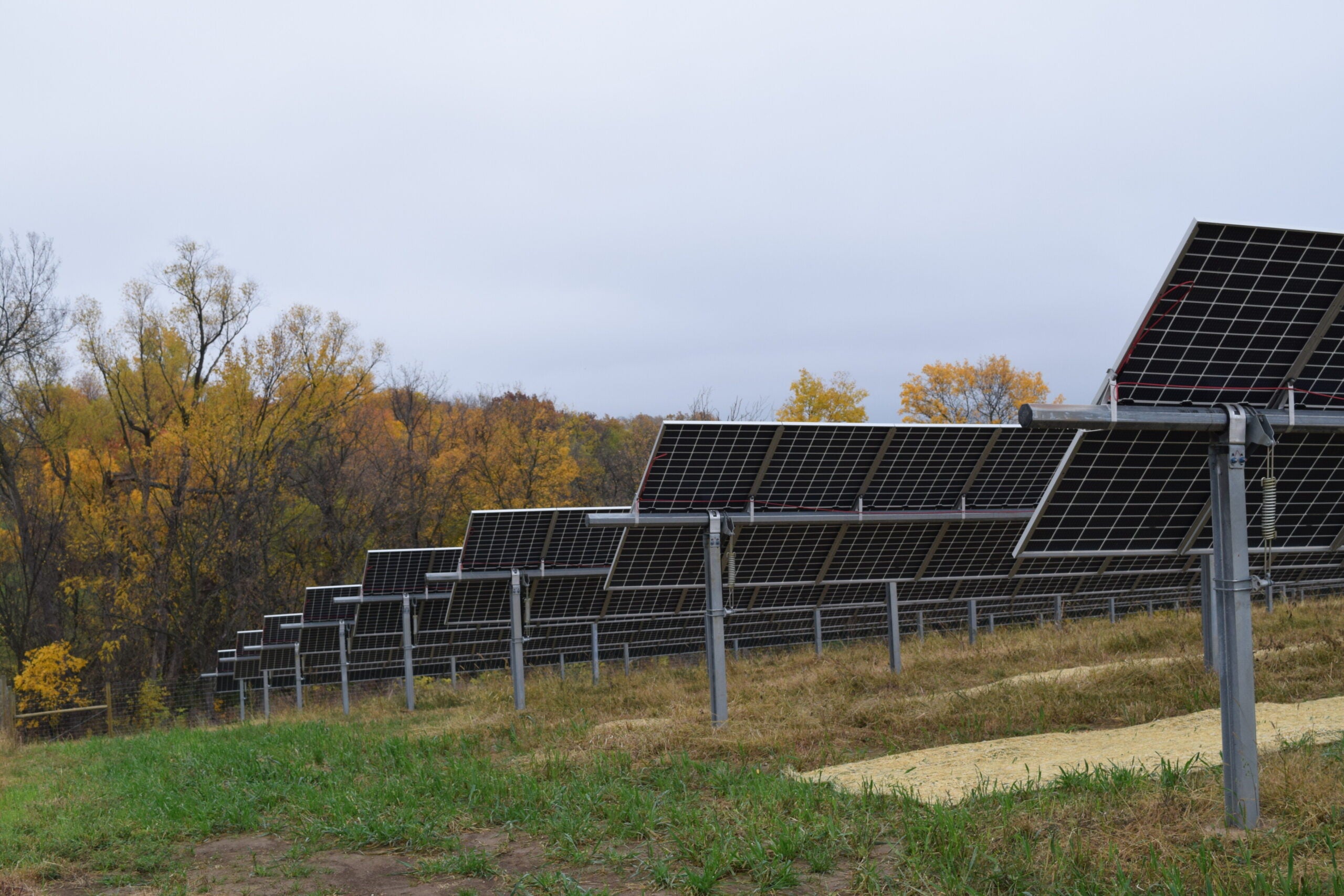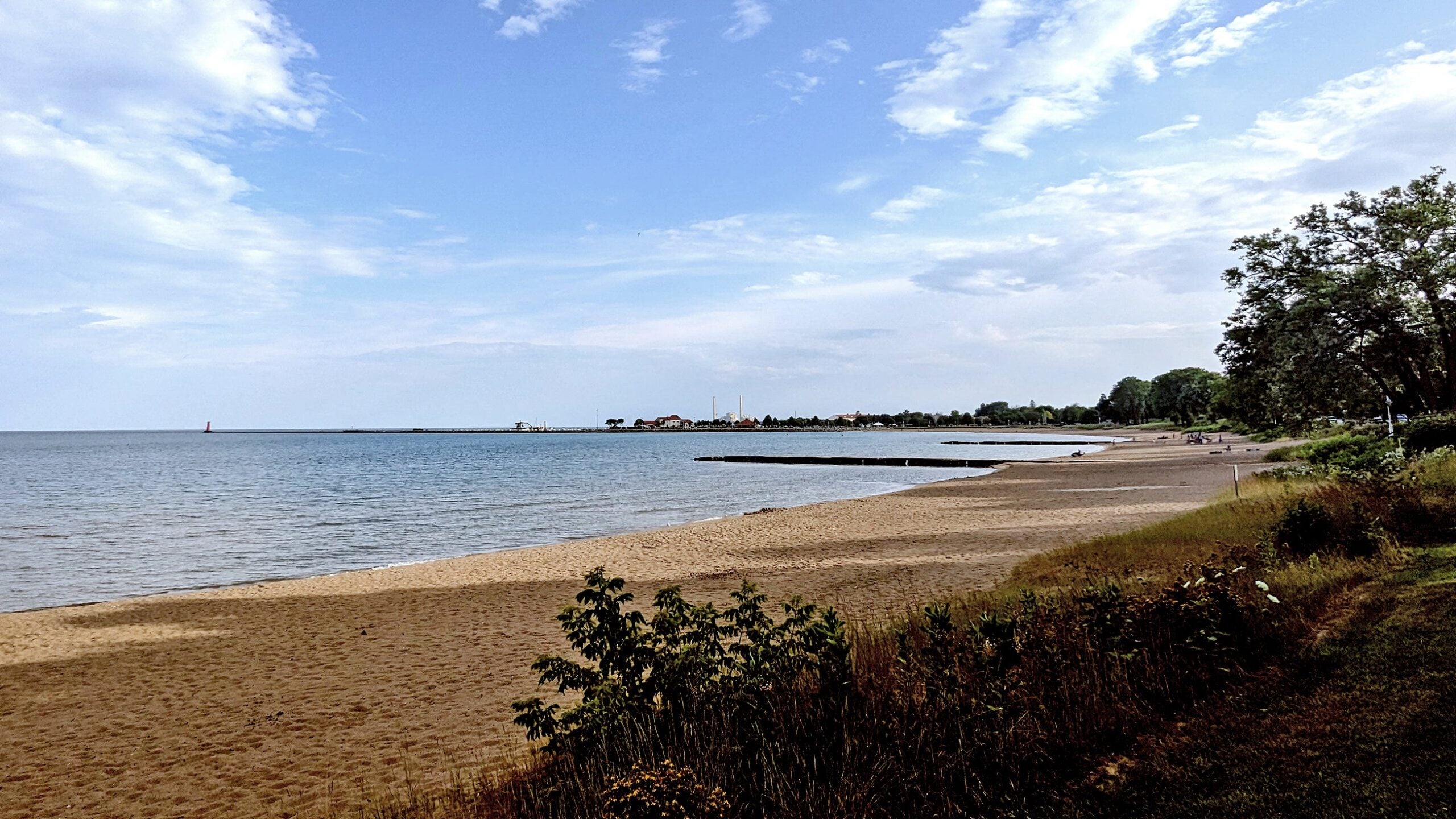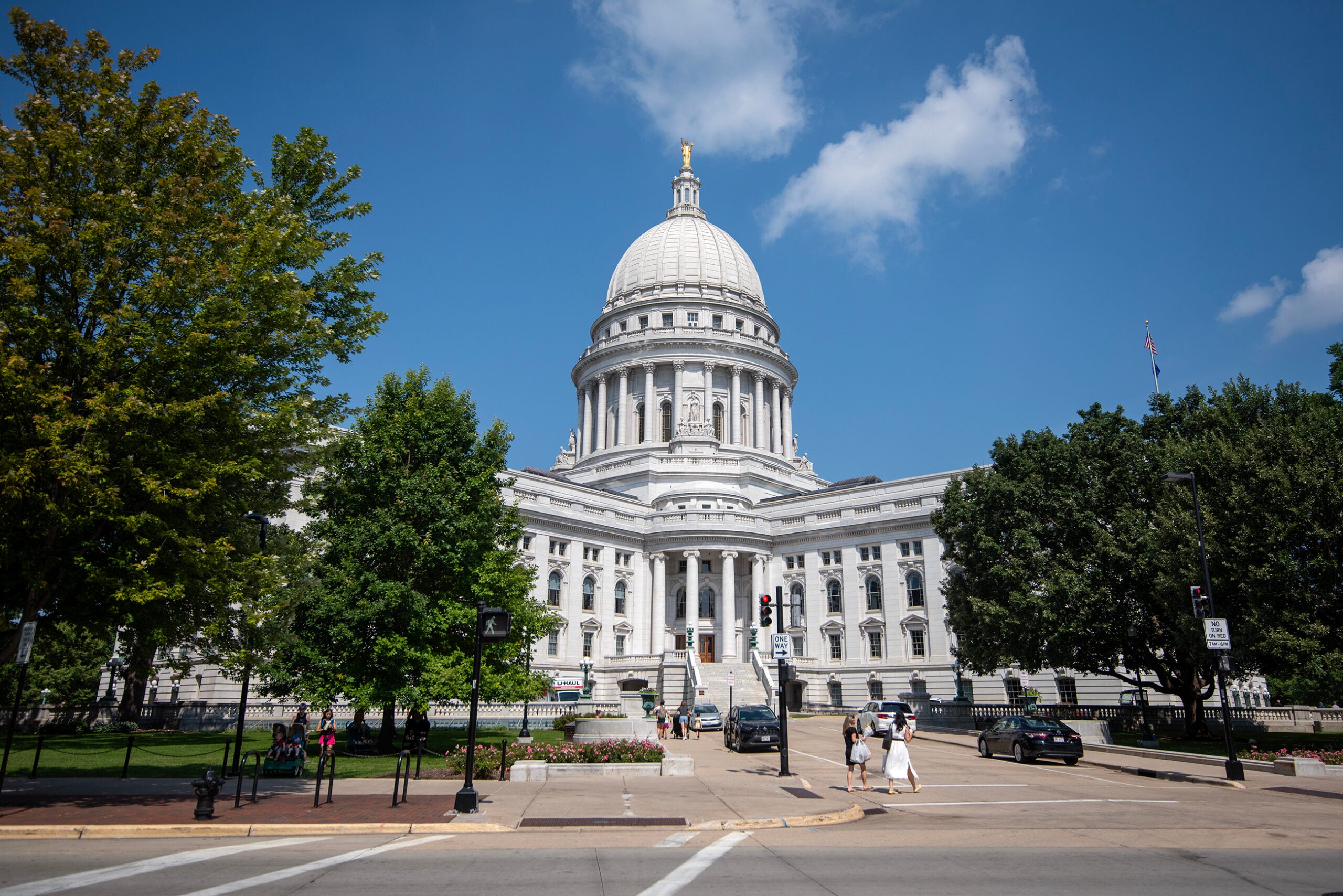When Darla LeClair first joined the Two Rivers City Council seven years ago, city residents weren’t allowed to plant vegetable gardens in their front yards.
She tried to change that but faced opposition. The pushback, she said, was a surprise.
“Come on, why are you so prejudiced against peas, you know?” LeClair said, chuckling.
News with a little more humanity
WPR’s “Wisconsin Today” newsletter keeps you connected to the state you love without feeling overwhelmed. No paywall. No agenda. No corporate filter.
But she kept pushing. In November 2024, Two Rivers ended its prohibition on front yard vegetable gardens.
Two bills introduced to Wisconsin’s state Legislature this week seek to limit similar municipal restrictions on vegetable gardens and backyard chicken flocks statewide.
The chicken bill says local governments must allow residential property-owners to keep under five chickens or quails. It lets municipalities require permits for keeping chickens and allows them to ban roosters.
The garden bill says localities can’t prohibit — or require a permit for — vegetable, flower or pollinator gardens. It leaves them the power to regulate invasive weeds.
Legislator believes in right to grow food
Rep. Shae Sortwell, R-Two Rivers, introduced both bills in the Assembly. To him, it’s a question of balancing two competing rights.
“The right to make sure your property values aren’t being brought down by unkempt neighbors,” he told WPR. “That’s balanced with the idea that, look, you have a basic right to produce your own food.”
“Producing your own food should be a higher priority,” he said.
Sortwell said his bill could protect gardeners and chicken-keepers from local ordinances requiring a “well-kept yard.”
Ordinances on several Wisconsin municipalities’ books could limit vegetable gardens, backyard poultry and pollinator plants.
In Fond du Lac, non-ornamental plants aren’t allowed to grow higher than 6 inches in summer. The city of Marinette doesn’t allow keeping chickens.
Meanwhile, a Milwaukee ordinance requiring lawns be cut to 7 inches has troubled people with pollinator gardens. The city had participants in a pro-bee “No Mow May” campaign get permits, and cited a resident growing low groundcover plants and native goldenrod.
Hoping for successful tomato, legislative season
Vegetable gardens grew on the Two Rivers City Council over time, LeClair said.
The community started granting permits for front yard raised beds with plants under three feet tall in 2023 before fully changing the ordinance.
“Honestly, I think they were just sick and tired of listening to me,” she said.
Reflecting on her own green thumb, LeClair said she does “OK” with tomatoes.
“They’re pretty much Darla-proof,” she said.
This spring, she plans to grow tomatoes and peppers in her front yard, which gets the most sun on her property.
And though similar bills on chickens and gardens failed in 2023 and 2024, Sortwell said he’s “optimistic” this year.
He said the bills have bipartisan support. He’s also removed ducks and other birds from last year’s version of the chicken bill.
Sortwell’s bills both have a bipartisan group of cosponsors from throughout the state.
Wisconsin Public Radio, © Copyright 2025, Board of Regents of the University of Wisconsin System and Wisconsin Educational Communications Board.







